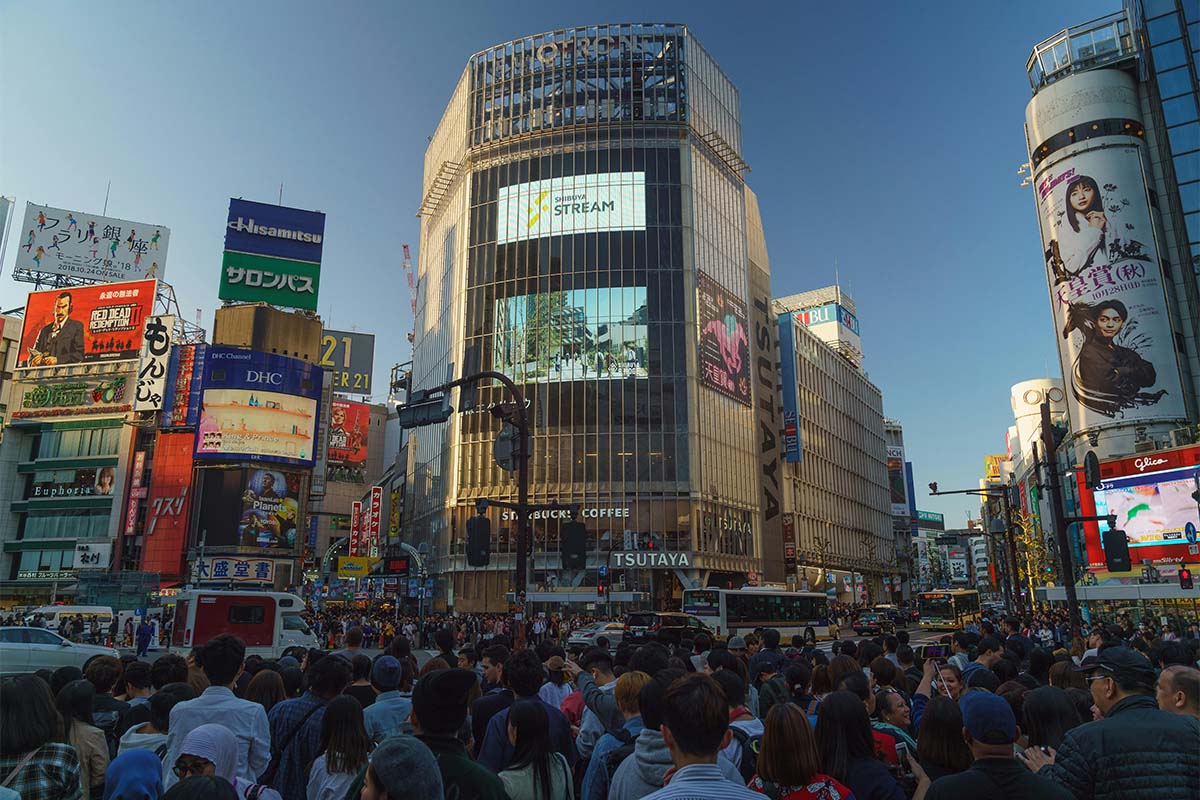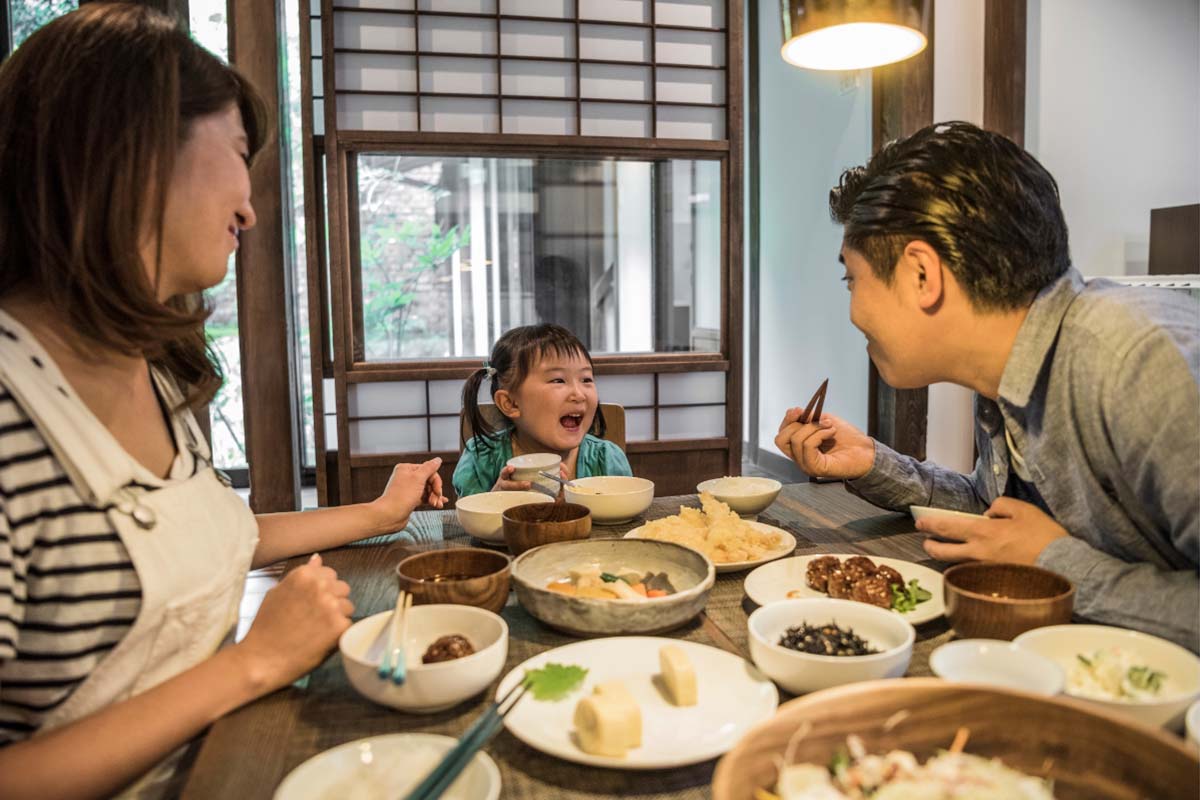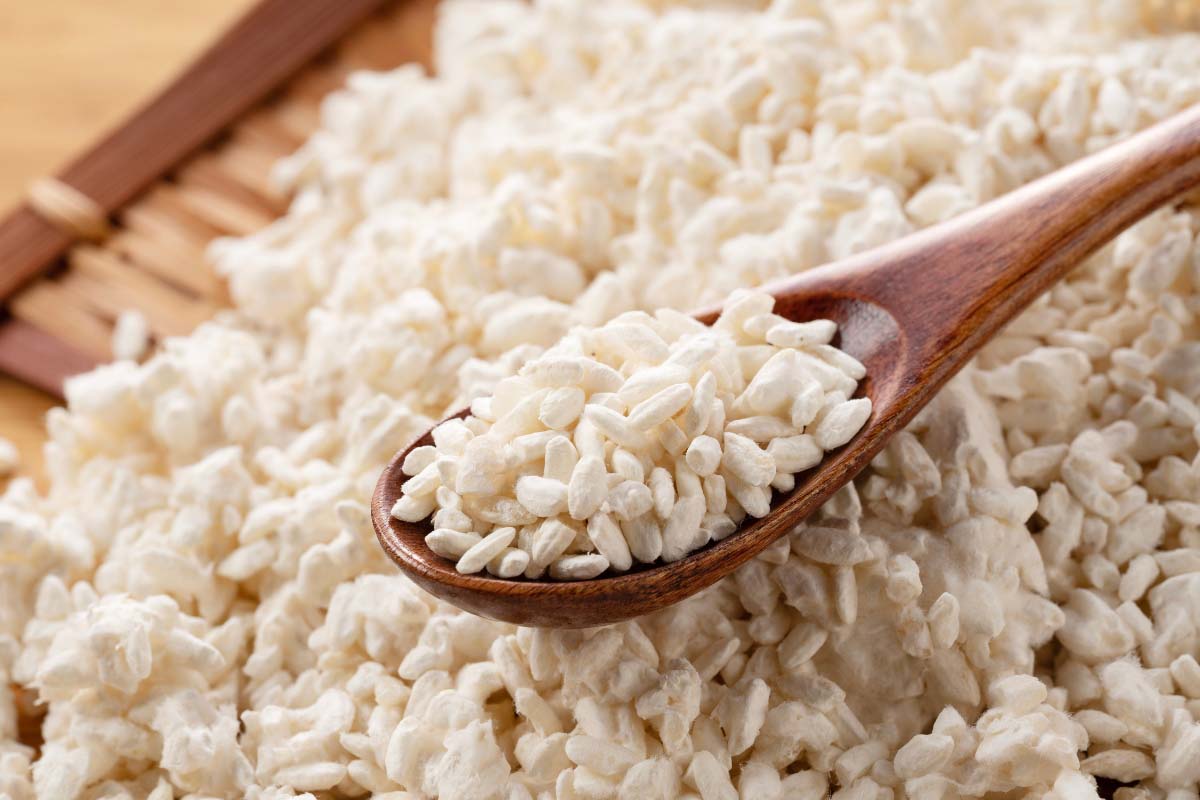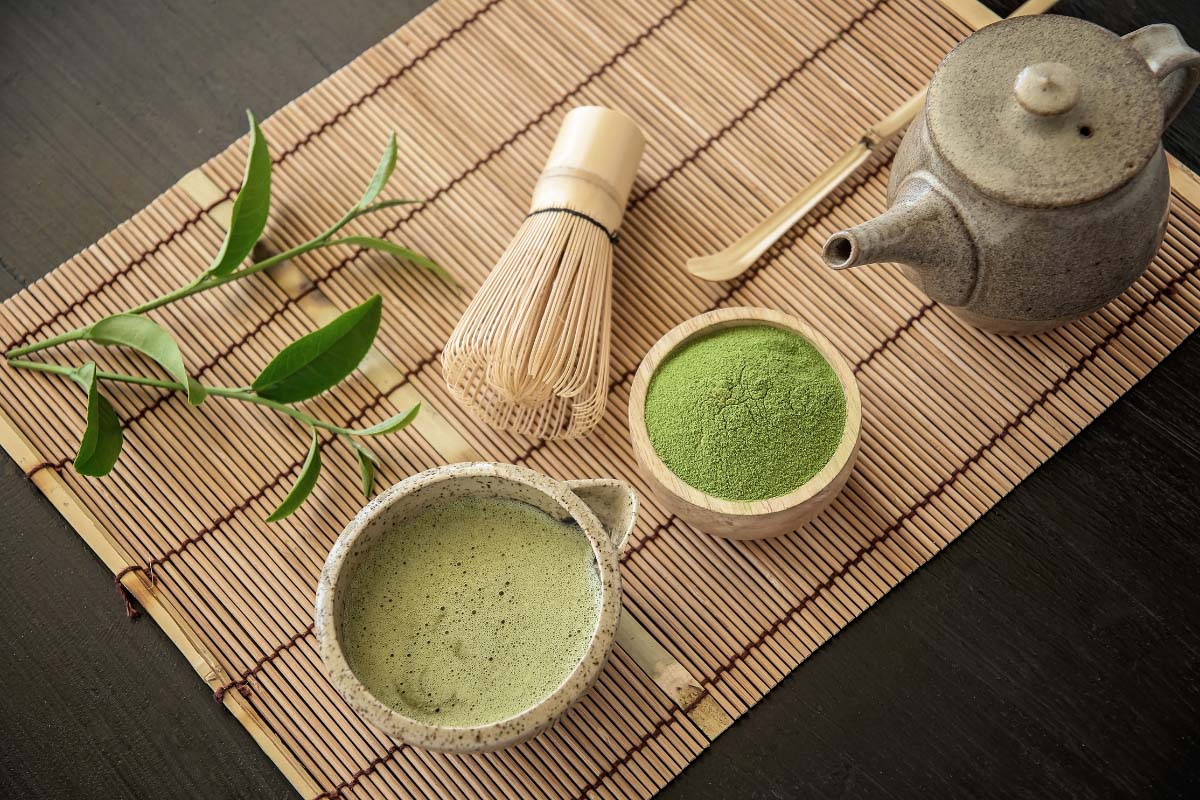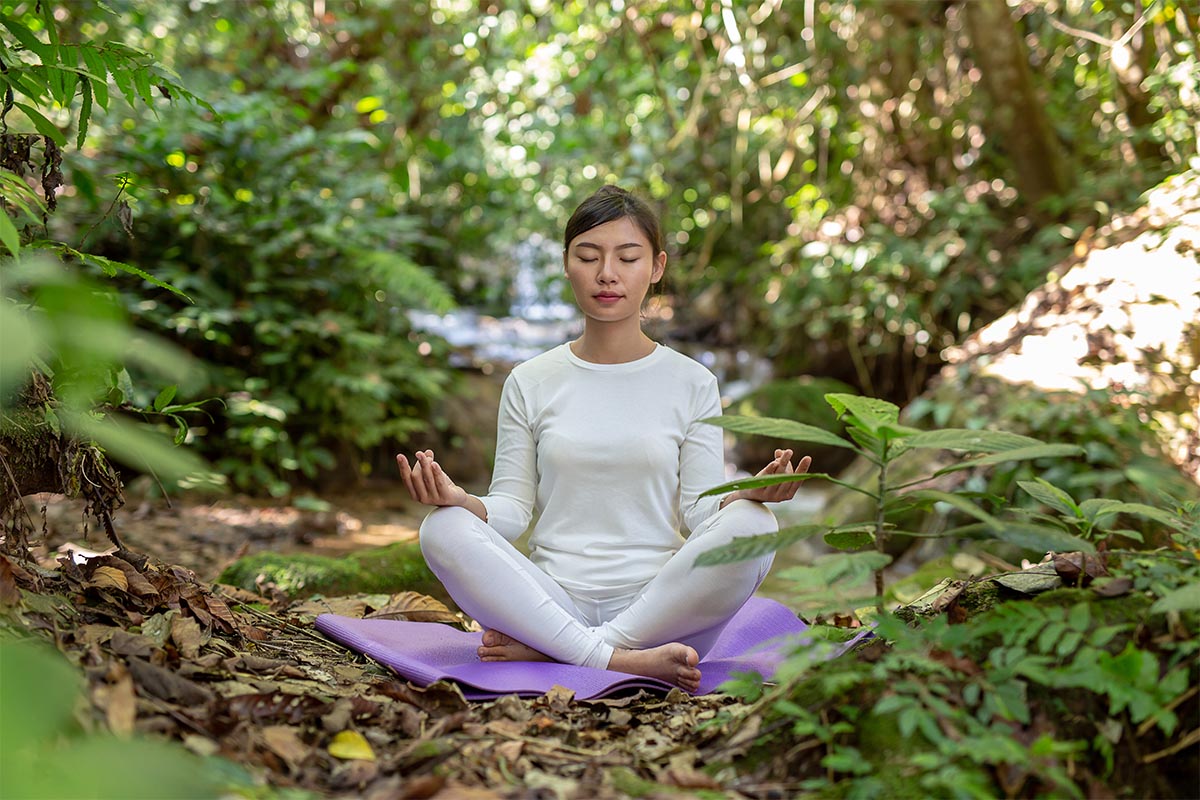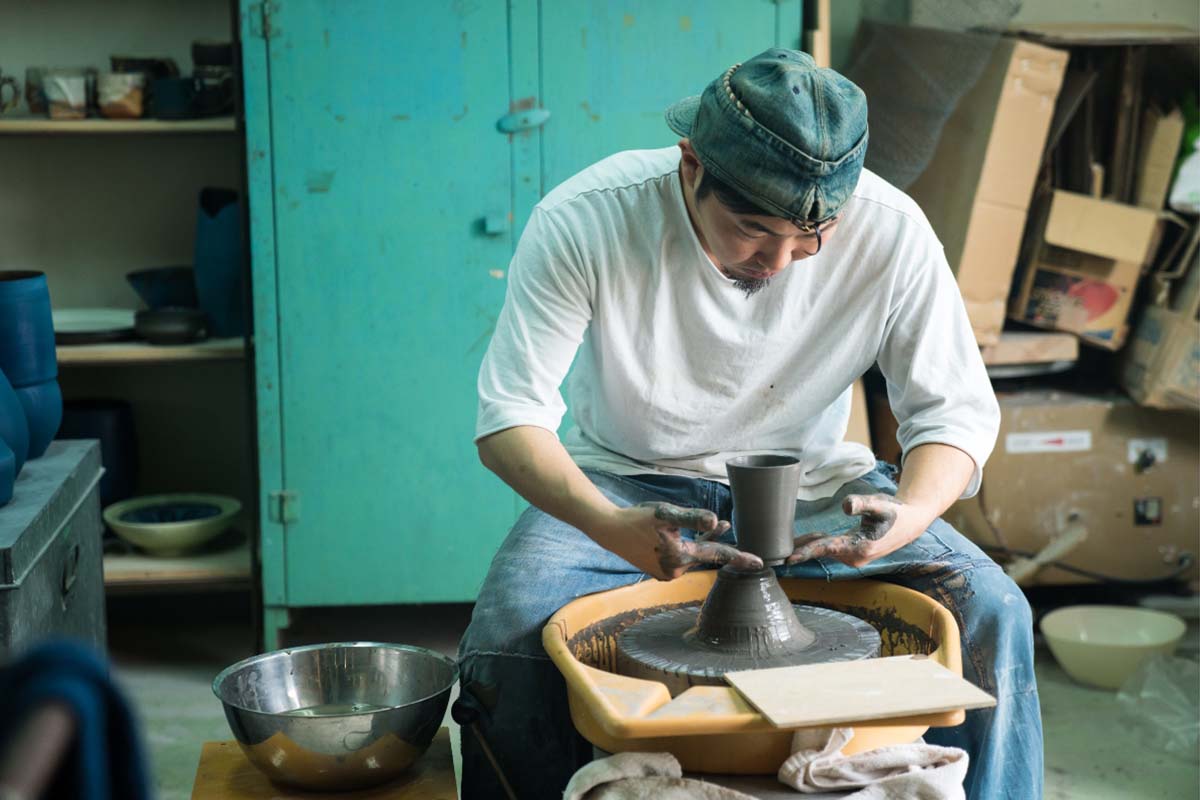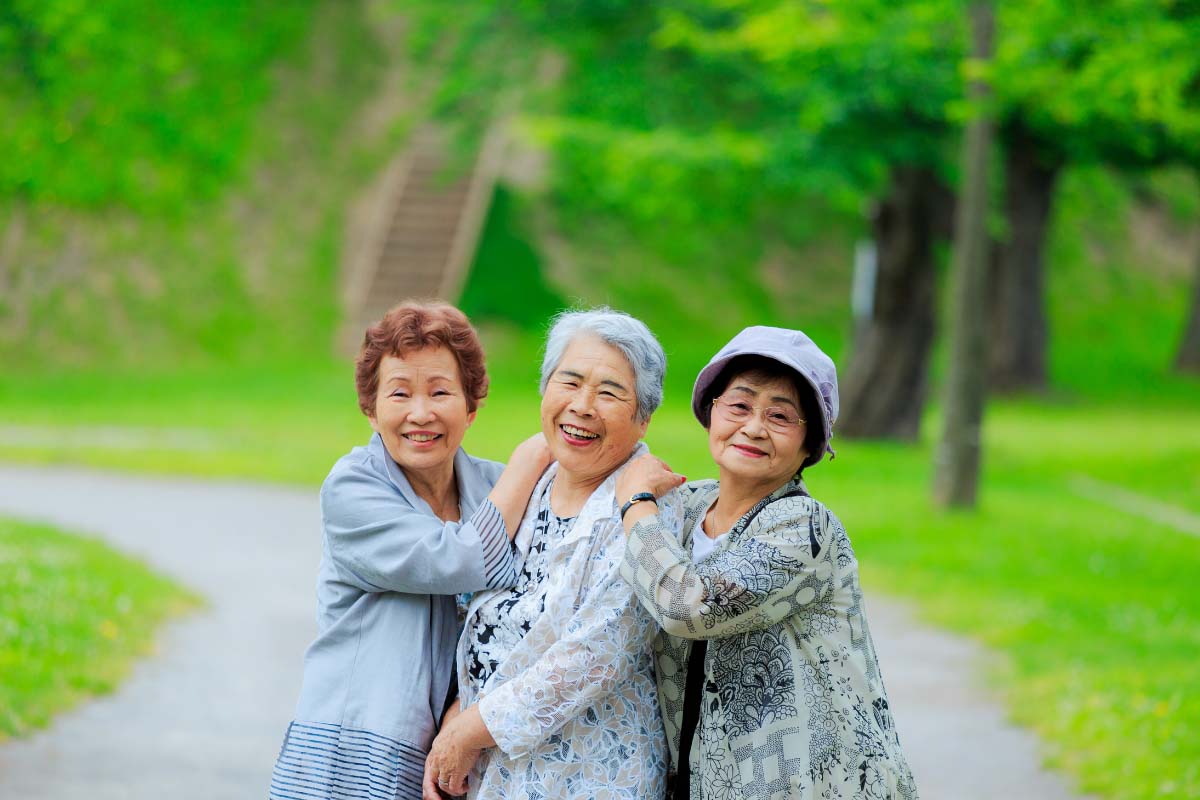There’s a fascinating contrast between the hustle and bustle of Western lifestyles and the calm, mindful rhythms of Japan. One could argue that Western habits—especially fast food, processed snacks, and sedentary work—are leading many of us down a path of poor health. Meanwhile, in Japan, people are not only living longer, but they’re also thriving. On average, the Japanese outlive their Western counterparts by five-ten years, and they do so with fewer chronic health problems. So, what’s their secret?
The key lies in a series of simple yet powerful habits that promote overall wellness—habits that require minimal effort and offer maximum rewards.
How daily strolls are more than just exercise
In Japan, walking isn’t just a way to get from point A to point B—it’s an essential part of everyday life. In cities designed with pedestrians in mind, the average Japanese person can rack up between 10,000 and 15,000 steps per day. That’s because public transportation is convenient, and walking to and from train stations, markets, or work is simply part of the culture.
FUN FACT : People in Tokyo, the world’s largest city by population, walk more than people in many other global capitals!
This constant movement leads to numerous health benefits: improved cardiovascular health, better weight management, and reduced risk of chronic diseases like heart disease and diabetes. You don’t need to schedule a formal gym session to get your steps in—just take the stairs, park a little farther from the store, or use walking as an opportunity to clear your mind. Go ahead and walk it out!
PRO TIP : Start by walking a few extra steps every day. Whether it’s walking to the store instead of driving, or taking a walk after meals, these little changes can add up over time.
The art of mindful eating
In Japan, there’s an old saying, Hara Hachi Bu—meaning “eat until you are 80% full.” It’s not about strict portion control or restrictive diets; instead, it’s a far more mindful approach to eating that encourages people to listen to their bodies, savor every bite, and stop eating before they feel stuffed.
This practice can be life-changing. For example, in Okinawa—the Blue Zone famous for its high population of centenarians—Hara Hachi Bu is a key factor in preventing obesity and age-related diseases. By eating less and giving the body time to feel full, people naturally cut down on calorie intake without feeling deprived. A few tricks to try: use smaller plates, eat slowly, and chew each bite thoroughly. This not only aids digestion but also helps you appreciate food as targeted nourishment rather than mere mindless indulgence.
Japanese cuisine’s not-so secret superfood
Koji—Japanese malted rice—might not be a term you hear every day, but this fermentation powerhouse is a staple of Japanese cooking that packs a punch when it comes to health benefits. Koji is made by introducing a special mold to steamed rice, transforming it into a nutrient-dense ingredient. It’s the base for foods like miso, soy sauce, and sake, but it’s also a secret weapon for gut health.
Koji is rich in probiotics that aid digestion and nutrient absorption. In addition to improving gut health, it also supports the immune system, boosts metabolism, and is packed with amino acids that are beneficial for overall well-being. Pro kitchen tip: To add Koji to your routine, simply use it in savory marinades, as a salt substitute, or even sprinkle it into soups or salad dressings to lock in that rich umami flavor.
More than just a beverage
For many, the idea of a daily cup of tea is simply a soothing habit. But in Japan, tea is deeply intertwined with wellness, mindfulness, and culture. The traditional Japanese tea ceremony—Chanoyu or Chado—is an elaborate ritual of making and drinking tea that involves slow, deliberate movements and deep respect for the process.
Matcha, a powdered green tea, is especially celebrated for its rich antioxidants and catechins, which help reduce inflammation, support metabolism, and even lower the risk of certain cancers. Beyond its physical health benefits, the meditative quality of the tea ceremony helps participants cultivate focus, calm, and presence—qualities that can transform mental health as well. Try incorporating green tea into your daily routine and embrace the opportunity to slow down and center yourself.
PRO TIP : Try incorporating green tea into your daily routine and embrace the opportunity to slow down. Making tea a mindful ritual—taking deep breaths and appreciating the moment—can be just as beneficial for your mental health as it is for your physical wellbeing.
Nature’s nurturing, healing power
Shinrin-yoku, or “forest bathing,” is another profound Japanese practice that can drastically improve well-being. Unlike traditional hiking, forest bathing is about immersing yourself in nature and being fully present. You don’t need to hike for hours; even just a brief walk in the forest can lower stress, boost immune function, and improve mood.
In fact, studies have shown that spending even just 20 minutes in nature lowers cortisol levels (the stress hormone), reduces blood pressure, and improves overall mental clarity. So next time you’re feeling overwhelmed, take a walk in the park or even surround yourself with plants at home—nature’s healing effects are just around the corner.
Finding purpose in everyday life
Ikigai, a concept often described as “a reason for being,” is a guiding principle in Japanese culture that links health and happiness. It’s about discovering your purpose—whether in your career, hobbies, or relationships—and aligning your actions with that purpose. Unlike Western ideas of success that focus on external achievements, Ikigai emphasizes fulfillment and balance that stem from within.
Yet again, this principle is exemplified by the Okinawan people, known for having one of the highest life expectancies in the world. They are living proof of the power of Ikigai. The longevity of the Okinawans is often attributed to the deep sense of purpose that they feel throughout their lives. This clear sense of purpose is integral to their well-being, contributing to their ability to live well into their 90s and even beyond.
Being connected to your purpose boosts joy and fulfillment, which in turn leads to myriad health benefits. Studies have shown that having a sense of purpose lowers stress and improves mental health, with research indicating it can even extend lifespan. If you’re feeling directionless, take time to reflect on what truly brings you joy and aligns with your values. It’s about finding the intersection of what you love, what you’re good at, and what the world needs.
PRO TIP : Try exploring your own Ikigai by asking yourself four simple questions: What do you love? What are you good at? What does the world need? What can you be paid for? Finding the overlap between these areas will bring clarity about what gives your life meaning—and might even lead to a happier, longer life!
A Japanese-inspired approach to wellness
The beauty of these Japanese health practices lies in their simplicity. They don’t require drastic lifestyle changes or expensive gym memberships—just small, mindful shifts that lead to long-term health benefits. Whether it’s walking more, eating with intention, embracing the healing power of nature, or finding your Ikigai, these practices offer a holistic approach to wellness that nurtures the mind, body, and spirit.
By incorporating a few of these habits into daily life, you can hew out your own path to hardiness, healthspan, and all-around happiness!

